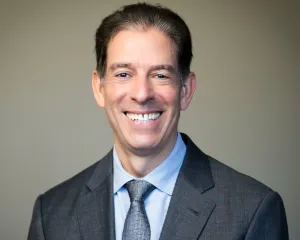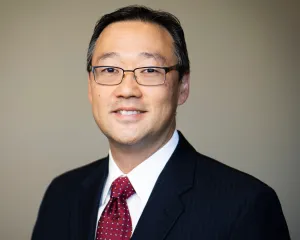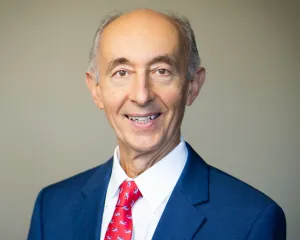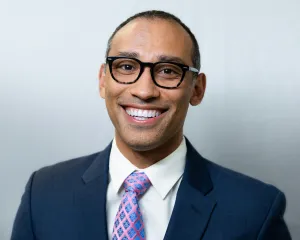
Post-Op Parotidectomy Recovery & Care Instructions

Post-Operative Instructions for
Parotid Surgery
The ENT of Georgia South team of otolaryngologists has a long track record of successful surgical procedures called parotidectomies, which is the removal of the largest salivary gland due to a tumor(s). For an optimal recovery from this surgery, please follow these instructions:
Post-Operative
Instructions
How you will feel
You will be drowsy and tired following surgery due to the medicines we have given you to make you comfortable. Most people wake and doze on and off during the evening after surgery. The day following surgery, you may still feel a bit tired, but you will soon regain your energy. You may move about normally without fear of disrupting your surgery. Your energy will return more rapidly if you do.
If you have nausea
Although we give anti-nausea medicines before, during and after your surgery, it's still not unusual to have some nausea following surgery. Relax, decrease your activity and don't eat any heavy foods—just try some clear liquids. All nausea should be over 8-10 hours following surgery.
Discomfort
You may have some discomfort around your incision and neck. Usually, this is due to muscle soreness. We've given you a pain medicine to be used as directed. Take a pain pill before going to sleep the evening of surgery (preferably after you have kept something in your stomach). Take another pain pill the morning following surgery since you may feel a bit stiff and uncomfortable when you begin to move about. After two days, extra strength Tylenol may control your discomfort instead of the narcotic.
Swelling
You may expect some swelling and discoloration around your neck if you had a neck incision. This swelling will increase overnight. To reduce swelling, you may gently apply an ice pack to the surgical incision during the first 48 hours following surgery. If possible, sleep with your head elevated on two pillows. Most of your swelling should subside over 4 to 5 days.
Fever
Fever of up to 101o F. following surgery is common. Please call us should your fever reach 102o F.
Antibiotics and Infections
You received antibiotics in your IV prior to surgery, but will need to continue taking antibiotics as prescribed after surgery. Infection after parotid surgery is very rare, but if you notice increased redness or swelling accompanied by tenderness or fever at any time, please call us so that we may examine you.
Activity
You may resume light activity as you start to recovery from surgery. You should avoid any heavy lifting or straining for at least a week after surgery. Strenuous sports should be avoided for at least 2 weeks. This is to prevent increase in swelling or bleeding in the surgical area. You may return to work when you feel ready. Generally, people return to work rather quickly, within a couple of days.
Diet
There is no diet restriction after surgery.
Dressings
You will have your incision closed with either stitches or Dermabond tissue glue. You may or may not have a dressing where your incision was made. Usually, this will consist of small strips of tape. The stitches are underneath these. If the strips of tape fall off, it is OK. You can simply cut whatever piece is starting to fall off and leave the rest alone. If you have stitches, they will be removed about 1 week after surgery. If you have Dermabond, there will be no stitches to remove.
If you have a drain, you will be instructed on caring for it by the nurses at the hospital. You should record the daily output and inform your physician how much has come out when you return to the office to have it removed. It will usually be removed within a couple days after surgery.
Personal Hygiene
You may shower or bathe as usual. Please clean around the incision and keep the surgical site clean. You may use soap and water. Take care to treat your incision gently. Keep your dressings clean and dry.
Numbness
You will have some numbness around your incisions, cheek and ear. The sensation around your cheek will return within a few weeks to months. The numbness around your ear lobe may be permanent but will improve slightly over time. This does not usually pose a problem but can be aggravating.
Facial Weakness
We use nerve monitors and very gentle technique during your surgery. However, it is possible to have some temporary nerve weakness in your face after the surgery. Generally, this occurs around the corner of the mouth. It is usually very mild and returns within a few weeks. It is rare to have any permanent facial weakness.
Weakness of the eye muscles can lead to the most problems with inability to close the eyelids. If you are unable to close your eyelids, you will need to take precautions to keep your eyes from drying out. This includes using artificial tears during the day, placing an eye ointment in your eye at night, and taping your eye closed at night to keep it moist. Although this is extremely rare, any permanent facial weakness can be remedied by adjunctive procedures.
Other problems
Other problems to look for are Frey's Syndrome. This is where you sweat along your cheek when you get hungry or eat. Hematoma or seroma is a collection of blood or fluid under the skin. This requires immediate attention and drainage to avoid further complications with healing. Keloid formation can occur in persons prone to these problems, such as dark skinned individuals. Asymmetric ear lobes can occur depending on how your incision heals.
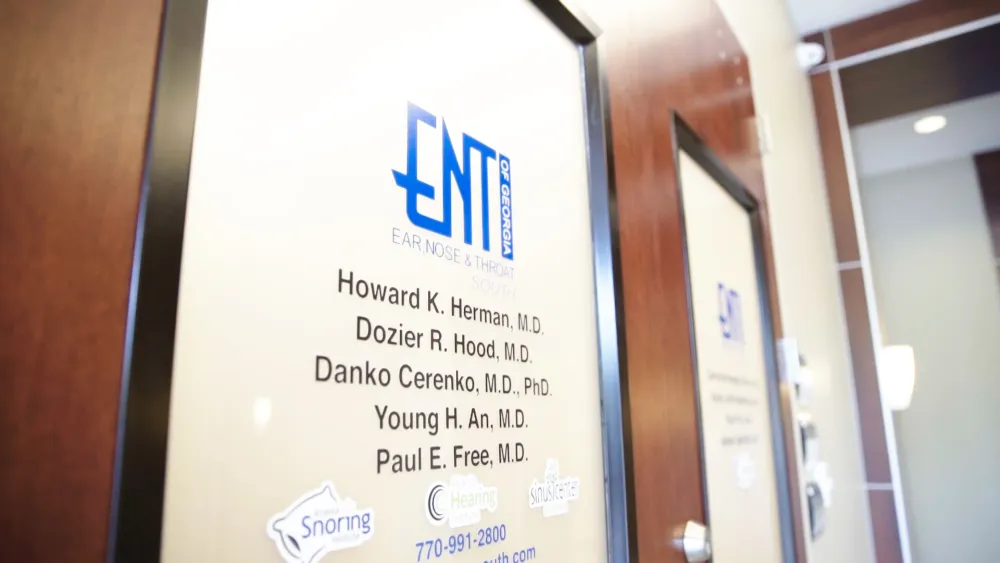
Follow-Up
Call the office to check your follow-up time.
We will want to see you within a day or two to remove drains and monitor your progress.
Questions or Difficulties
If you have any questions or problems during office hours, please call (770) 991-2800
Our Convenient
Office Locations
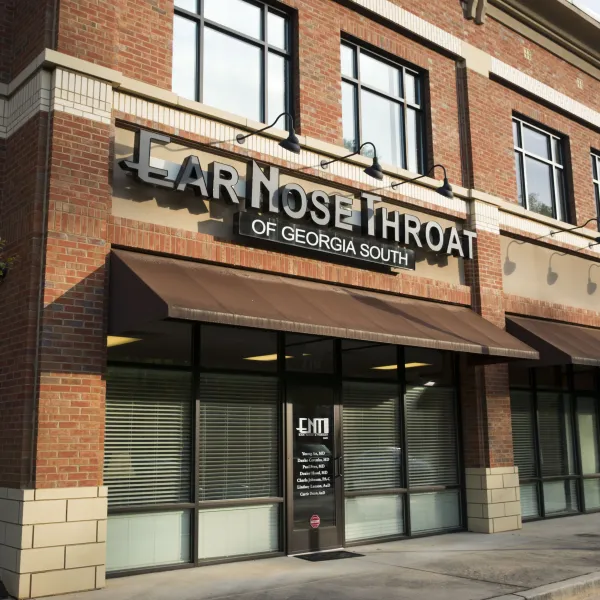
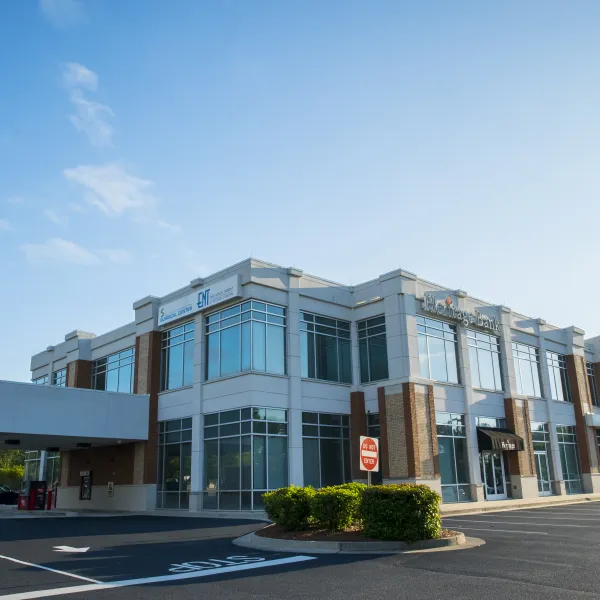
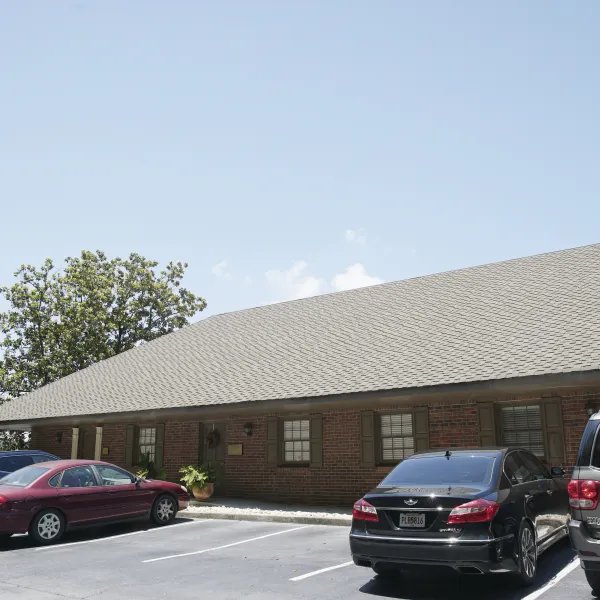
Buckhead
1218 W Paces Ferry Rd NW
UNIT 208
Atlanta, GA 30327
Monday - Thursday 8am - 4:30pm
Friday - 8am-2:30pm

